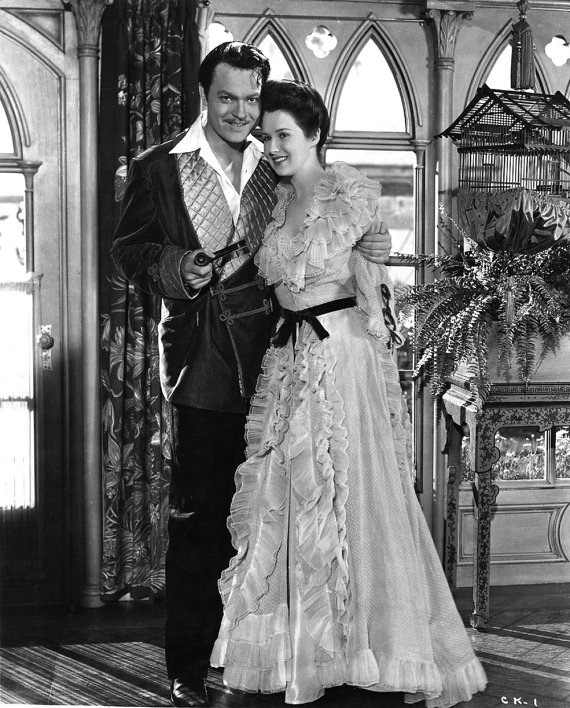Michael Phelps celebrates qualifying for his fifth Olympic Games, after winning the men’s 200-meter butterfly at the U.S. Olympic swimming trials Wednesday in Omaha, Neb. Mark J. Terrill/AP hide caption
toggle caption Mark J. Terrill/AP
Swimming superstar Michael Phelps made history again Wednesday night. At the U.S. Olympic swimming trials in Omaha, Neb., Phelps qualified for a record fifth Olympic games. He’s the first American male swimmer to do that.
But Phelps is one of the few veterans having success so far at the trials. That’s because a batch of young, first-time Olympians is stealing the show.
Youth Winning Out
Many swimming fans have come to Omaha to cheer the familiar – Phelps, Ryan Lochte, Missy Franklin all are multiple Olympic medal winners. But as races finish and everyone looks to the jumbotron high above the pool in the CenturyLink Center, they’re seeing relatively unfamiliar names with a “1” next to them. Names like Townley Haas, Kelsi Worrell and Ryan Murphy.
Murphy won the men’s 100-meter backstroke in a time of 52:26, a mere 32 hundredths of a second off the world record. Murphy is one of eight swimmers, so far, to win at the trials and qualify for their first Olympic team.
The 20-year-old Murphy beat two 30-somethings in the final, including 31-year-old Matt Grevers, who is the reigning Olympic champion in the 100 backstroke.
“Yeah, I mean both those guys have either kids or kids on the way,” Murphy said. “I don’t even have a girlfriend! They’re definitely a lot more mature than me, but sometimes youth wins out.”
At these trials, it’s more than sometimes. The average age of the eight rookie winners is 21. They’ve been dominant in the water, but sometimes a bit uncertain out of the pool. Grand old man Michael Phelps, who turns 31 on Thursday, says some of the newbies have approached him with newbie questions.
“This guy asked me today, ‘What do you think about before you swim,’ ” Phelps said on Tuesday. “I was like, ‘Nothing!’ ” He was like, ‘Are you kidding?’ ” I said, ‘No — I don’t think about anything.’ “
An empty mind served Phelps well again Wednesday night. He raced to victory in the 200-meter butterfly, and made the Olympic team for a fifth time.
A Swimming Cycle
Phelps insists Rio will be his final games. He understands the natural cycle – he’s on the way out while this new crop, emerging in Omaha, is on the way in. In the U.S., it seems to be a constant regeneration. American Olympians have won more swimming medals than any other country, by far and the country has an endless supply of young, talented swimmers. As time goes on, they get better coaching and learn better techniques. And the ones excelling often embrace the grind, the extraordinary number of hours of work necessary to succeed.
“Yeah, I do really enjoy the process,” says American star Katie Ledecky.
Hoping To See The Feet
Such is the nature of these trials that Phelps shared the spotlight with 19-year-old Ledecky, who is expected to dominate in Rio like — Michael Phelps. Ledecky won the 200 meter freestyle Wednesday night. It was her second win in a freestyle race in Omaha. She isn’t an Olympic rookie. She won a gold medal at the 2012 Summer Games in London. But Ledecky is the leader of this next generation. Most of the time she competes against the clock because her opponents are too far behind.
“We’ve never had someone dominate events as she has,” says U.S. Swimming’s national team director Frank Busch. Busch coached swimming for decades before taking his current job in 2011. “In my lifetime in the sport,” Busch says, “I’ve never seen anyone like Katie.”
Despite that dominance, there was a race before the trials when competitor Leah Smith made a rare Ledecky sighting.
“I had never been [close enough] to see her feet before, and so that was pretty exciting,” Smith said Monday in Omaha.
Smith had a smile on her face because she saw those feet again in her second place finish to Ledecky in that night’s 400-meter freestyle. Smith finished less than two seconds behind. It earned the 21 year old her first Olympic berth – she became another of the first-timers.
Rio A Breeze?
It’s a group that may be somewhat unknown now, but come August in Brazil, that may change.
The pressure at the trials is crushing — there are so many good swimmers and so few make the Olympic team. Those who do often talk about being more relaxed at the Olympics, where U.S. swimmers historically are dominant. According to U.S. Swimming’s Frank Busch, 65 percent of the performances by American swimmers at the 2012 games in London were better than they were at that year’s Olympic trials.
Meaning, the competition in Rio may be lucky to see the bottoms of some new American feet.
Let’s block ads! (Why?)




